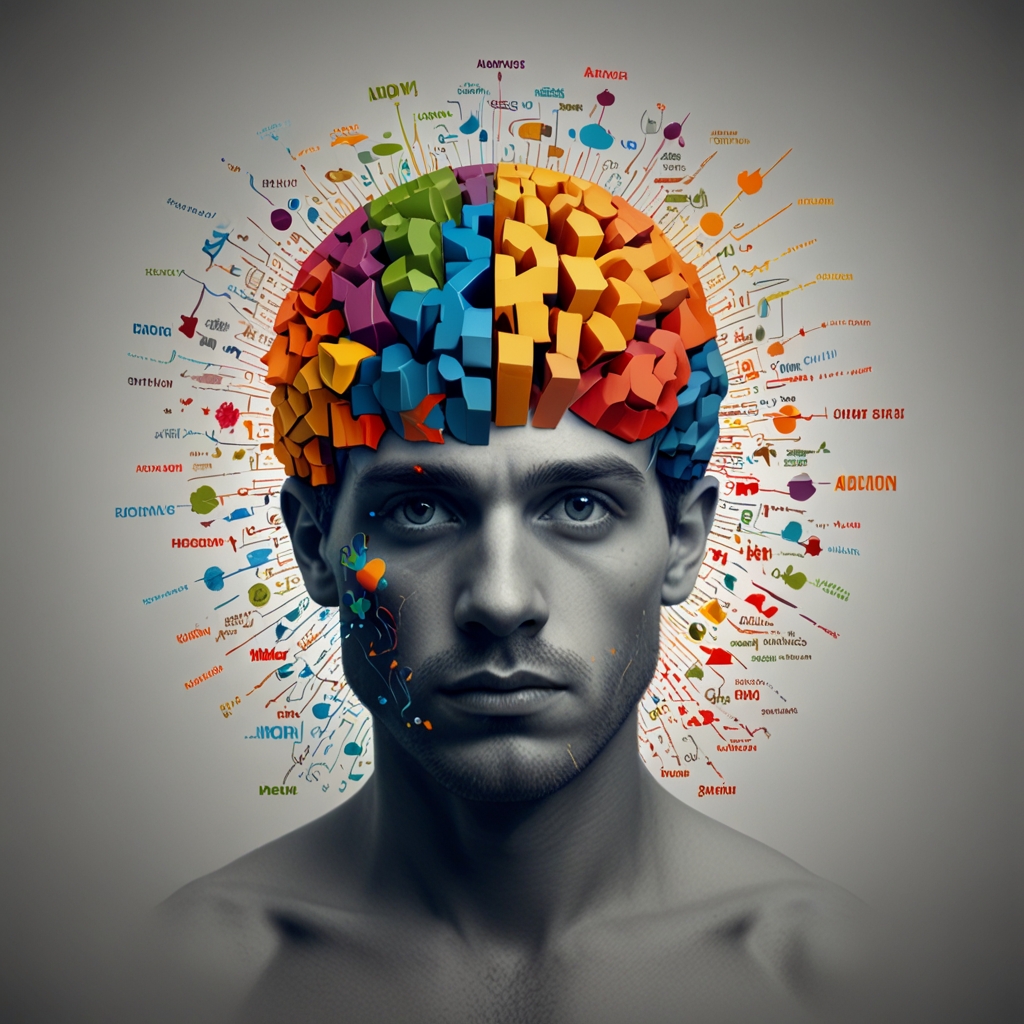
Getting an accurate ADHD diagnosis can be life-changing, providing clarity and opening doors to effective treatment options. However, many people feel uncertain about what the diagnostic process involves. Understanding what to expect during ADHD evaluation can help reduce anxiety and ensure you’re properly prepared for this important step.
Understanding ADHD Diagnosis Basics
ADHD (Attention-Deficit/Hyperactivity Disorder) diagnosis is a comprehensive process that requires careful evaluation by qualified healthcare professionals. Unlike many medical conditions, there’s no single test for ADHD. Instead, mental health professionals use established criteria from the Diagnostic and Statistical Manual of Mental Disorders (DSM-5) to assess symptoms and their impact on daily functioning.
The diagnostic process typically involves multiple appointments and can take several weeks to complete. This thorough approach ensures accurate diagnosis and helps rule out other conditions that might present similar symptoms.
Who Can Diagnose ADHD?
Several types of healthcare professionals are qualified to diagnose ADHD:
Psychiatrists are medical doctors specializing in mental health who can prescribe medications and provide comprehensive treatment plans. Psychologists with doctoral degrees can conduct psychological testing and provide therapy, though they cannot prescribe medication in most states. Licensed clinical social workers and licensed professional counselors may also be qualified to diagnose ADHD, depending on their training and state regulations.
When choosing a healthcare provider, look for someone with specific experience in ADHD diagnosis and treatment. Ask about their credentials, experience with adult or childhood ADHD (depending on your needs), and their typical diagnostic process.
The ADHD Diagnostic Process: Step by Step
Initial Consultation
Your first appointment typically involves a detailed discussion about your symptoms, medical history, and how ADHD symptoms affect your daily life. The healthcare provider will ask about when symptoms first appeared, their severity, and specific examples of how they impact work, relationships, or school performance.
Expect questions about your childhood, as ADHD symptoms must have been present before age 12 for an official diagnosis. If you’re seeking diagnosis as an adult, your provider may request school records or contact family members who knew you as a child.
Comprehensive Symptom Assessment
Healthcare providers use standardized rating scales and questionnaires to assess ADHD symptoms systematically. These tools evaluate the presence and severity of inattention, hyperactivity, and impulsivity symptoms across different settings.
Common assessment tools include the Adult ADHD Self-Report Scale (ASRS), Conners’ Adult ADHD Rating Scales, and the Brown Attention-Deficit Disorder Scales. You may also need to have family members, teachers, or supervisors complete similar questionnaires about your behavior in different environments.
Medical and Psychological Evaluation
A thorough medical history helps rule out other conditions that might mimic ADHD symptoms. Your healthcare provider will ask about sleep patterns, substance use, medications, and other mental health conditions like anxiety or depression.
Some providers may recommend psychological testing to assess cognitive functioning, attention span, and processing speed. These tests can provide valuable insights into how ADHD affects your thinking patterns and learning abilities.
Ruling Out Other Conditions
Many conditions can present symptoms similar to ADHD, making differential diagnosis crucial. Sleep disorders, thyroid problems, anxiety, depression, and learning disabilities can all cause attention and concentration difficulties.
Your healthcare provider may order blood tests, recommend a sleep study, or conduct additional psychological assessments to ensure ADHD is the correct diagnosis rather than another treatable condition.
What Information to Bring
Preparation can significantly improve the diagnostic process. Gather relevant medical records, school transcripts showing academic performance patterns, and any previous mental health evaluations. Create a detailed symptom timeline noting when problems first appeared and how they’ve changed over time.
Consider keeping a symptom diary for a week or two before your appointment, documenting specific examples of inattention, hyperactivity, or impulsivity. This concrete information helps healthcare providers understand how symptoms manifest in your daily life.
Timeline and Follow-Up
ADHD diagnosis typically requires 2-4 appointments spread over several weeks. The initial consultation may last 60-90 minutes, with follow-up appointments focusing on test results, symptom clarification, and treatment planning.
After receiving an ADHD diagnosis, expect ongoing monitoring and treatment adjustments. Your healthcare provider will work with you to develop a comprehensive treatment plan that may include medication, therapy, lifestyle modifications, or a combination of approaches.
Preparing for Your ADHD Evaluation
Mental preparation is just as important as gathering documentation. Write down your questions in advance, as you may feel overwhelmed during appointments. Consider bringing a trusted friend or family member for support, especially if they can provide additional insights about your symptoms.
Be honest and thorough when describing your experiences. Healthcare providers need accurate information to make proper diagnoses and develop effective treatment plans.
Conclusion
Understanding the ADHD diagnostic process can help you approach evaluation with confidence and realistic expectations. While the process may seem lengthy, thorough assessment ensures accurate diagnosis and sets the foundation for effective treatment. Remember that seeking ADHD diagnosis is a positive step toward better understanding yourself and accessing resources that can significantly improve your quality of life.
If you suspect you or a loved one might have ADHD, don’t hesitate to consult with a qualified healthcare professional. With proper diagnosis and treatment, people with ADHD can thrive in all areas of life.
